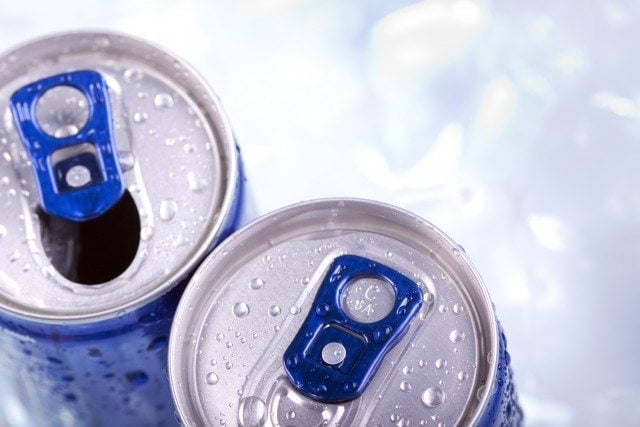Although energy drinks producers report record sales, a new survey by Canadean finds that more than half of energy drink consumers in the UK believe that the drinks are bad for their health.
To secure the success of this fast-growing market, producers need to come up with healthier recipes and ingredients.
The survey of 2,000 consumers in UK in September reveals that almost one in 10 Britons consume energy drinks, with half of them doing so on a weekly basis.
About 24% of respondents who consume energy drinks say they drink them “more than once a week”, while 26% say that “weekly” consumption is the norm.
This is reflected by the overall UK sales numbers, as energy drink consumption has gone up from 375 million liters in 2010 to 500 million liters in 2013.
However, the survey also shows consumers have concerns over the ingredients used in energy drinks – almost six out of 10 energy drink consumers believe that energy drink consumption is bad for their health and that the ingredients included in energy drinks are worrying.
Moreover, 72% of all respondents who drink energy drinks think that there should be a restriction on the sale of energy and stimulant drinks to children.
Improved recipes following pressure from social media
According to Canadean, there is a connection between the increased consumer awareness about unhealthy ingredients, social media and producers’ efforts towards improved recipes.
“More consumers exchange reviews and opinions about food and drinks ingredients online and are able to look up dubious additives and e-numbers quickly,” says analyst Thomas Delaney.
“This means that manufacturers need to become more transparent regarding their ingredients and react fast to negative news online.”
“For example, some brands have adopted a taurine-free ingredients list after the amino sulfonic acid commonly added to energy drinks had received bad press linking it to increased blood pressure, seizures, strokes and heart diseases.”
Clean, sugar-free products
Some new companies seize the opportunity of the emerging health market and take their drink products even further.
Adina, for example, opts for “clean” energy sources that tout the use of plant-based caffeine and other natural energy-boosting ingredients.
Specializing in coffee-based drinks, the company claims to be the first to produce a coffee energy drink that preserves the benefits of the coffee beans and delivers four fruit servings worth of antioxidants in each can.
Even the market leaders, Red Bull and Monster Energy, have released more health-conscious beverages.
“Although the two biggest players in the energy drinks market have not yet incorporated taurine-free energy drinks in their product ranges, Red Bull’s sugar-free and zero calories variants and Monster Energy’s absolutely zero beverage attest to a trend towards healthier drinks. They are tell-tale signs of a diverging energy drinks market,” says Delaney.










